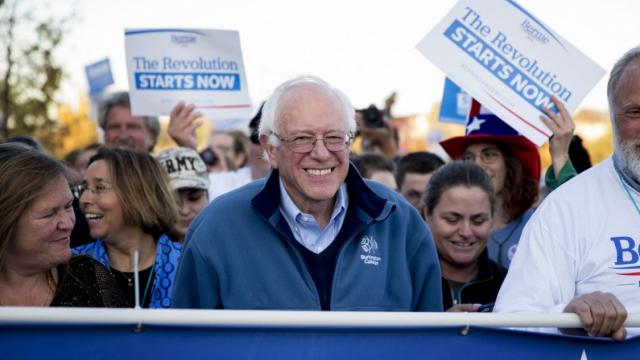General news or articles related to the Global Occupy Movement
Change (Peace, Love & Unity) is in the Air Now ! ... Time to GET IT !
"This World Belongs to Everybody" & "The Big Picture - You Are Not Alone"
"The State of the Earth" - The Predicted Weather Shift (Mini Ice Age - 2032 !!)
"The State of the Earth" - The Predicted Weather Shift (Mini Ice Age - 2032 !!)
(Solar and Heliospheric Observatory - website / spaceweather.com)
'Dump Trump': Tens of thousands join global march
March for Science protesters hit the streets worldwide

Thousands of people in Australia and New Zealand on Saturday kicked off the March for Science, the first of more than 500 marches around the globe in support of scienceThousands of people in Australia and New Zealand on Saturday kicked off the March for Science, the first of more than 500 marches around the globe in support of science
- More Articles ...
- Mass crowds rally for anti-Trump Women's Marches across US
- US government ethics director steps down
- March for Science protesters hit the streets worldwide
- Thousands of Mexicans protest against Trump
- Travel to US down 6.5% after Trump travel ban: report
- Obama rejects faith-based discrimination amid travel ban uproar
- Ploumen plans international safe abortion fund to offset Trump ban
- House Republicans drop rule change gutting ethics watchdog
- Dissident US diplomats protest Trump travel ban
- KLM refuses seven passengers following Trump’s Muslim country ban
- More Articles ...
- Sanders wins big in Nevada but some Democrats worry
- Sanders unveils huge US student debt cancellation bill
- Bernie Sanders, from gadfly to serious White House contender
- Once taboo, socialism finds comrades among US millennials
- Fuming over Brexit, youth help swing UK vote
- Bernie Sanders rips into Trump in Berlin
- Bernie Sanders: Where the Democrats Go From Here
- Clinton leaves 9/11 ceremony early, blames overheating
- Clinton must give written testimony in e-mail case: US judge
- Matthew message (Channelled by Suzanne Ward, August 19, 2016)
- Clinton, Trump take White House fight to swing states
- Democratic Party chair resigns in wake of email leak
- Bernie Sanders and the Movement Where the People Found Their Voice
"A Summary" – Apr 2, 2011 (Kryon channelled by Lee Carroll) (Subjects: Religion, Shift of Human Consciousness, 2012, Intelligent/Benevolent Design, EU, South America, 5 Currencies, Water Cycle (Heat up, Mini Ice Ace, Oceans, Fish, Earthquakes ..), Middle East, Internet, Israel, Dictators, Palestine, US, Japan (Quake/Tsunami Disasters , People, Society ...), Nuclear Power Revealed, Hydro Power, Geothermal Power, Moon, Financial Institutes (Recession, Realign integrity values ..) , China, North Korea, Global Unity,..... etc.) -

